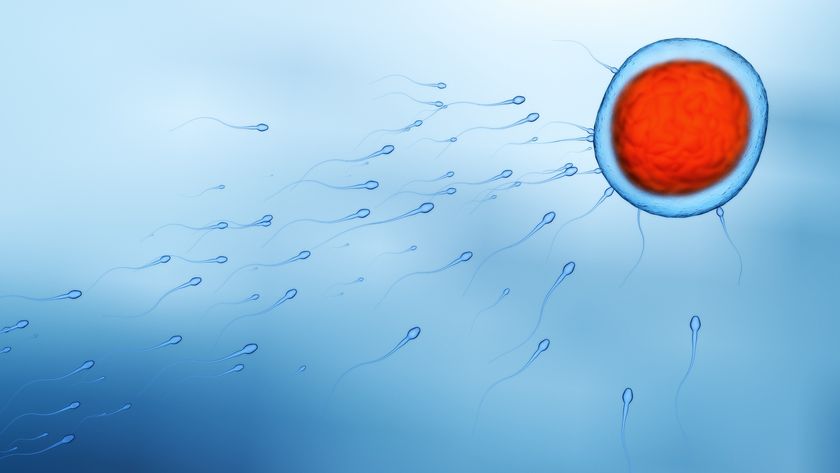Nodding Off First After Sex May Leave Your Partner Wanting

WASHINGTON — Falling asleep first after having sex may leave your partner longing for attention and more bonding time, new research finds.
"The time the couple spends together after sex is prime time for bonding and the commitment conversation," said Daniel Kruger of the University of Michigan School of Public Health. "Your oxytocin and the hormones related to affective relationships are raging, so it's prime time for bonding."
This after-sex bonding period could be evolutionarily derived, since in the case of a pregnancy, the female would desire a commitment from her sexual partner. Spending this time bonding could be an important way to secure that commitment.
Post-coital period
While the act of sex is well studied in evolutionary psychology, the post-coital time interval has garnered less attention.
"There's a lot of research on all the different aspects of sexual relationships, but right now there tends to be a tendency for the research just to end with the act of sex," Kruger said. "The challenges of sexual relationships don't just end with the act of sex.
The team studied the post-coital interactions of about 450 sexually active heterosexual undergraduates at two public universities in the Midwest. (The students' average was 20.) Those who stayed awake after their partners said they wished it would happen less often and expressed a greater desire for more bonding and communication.
Sign up for the Live Science daily newsletter now
Get the world’s most fascinating discoveries delivered straight to your inbox.
It takes people anywhere from minutes to over an hour to fall asleep after sex, but the researchers didn't determine how the length of the post-coital time period effected the partner's wants and needs.
Men want bonding, too
In general, the men tended to fall asleep first, but even when it was women who fell asleep first, their partner was left wanting more bonding time together. "It's not stunning, but it is remarkable that men had the same desires, too," Kruger told LiveScience. "They really aren't just a one-track mind; they care about relationship issues, too."
The researchers hypothesized that because women's bodies and traits have evolved to invest more in offspring — by carrying the baby to term and taking the brunt of the child-rearing duties — they would tend to expect more bonding time after sex, including time spent discussing commitment. Sleeping together after sex could be a female-evolved strategy to keep a partner from cheating, and falling asleep first could be a way for a man to avoid a "commitment conversation."
Kruger presented his research May 27 here at the Association for Psychological Science annual meeting.
You can follow LiveScience staff writer Jennifer Welsh on Twitter @microbelover. Follow LiveScience for the latest in science news and discoveries on Twitter @livescience and on Facebook.
Jennifer Welsh is a Connecticut-based science writer and editor and a regular contributor to Live Science. She also has several years of bench work in cancer research and anti-viral drug discovery under her belt. She has previously written for Science News, VerywellHealth, The Scientist, Discover Magazine, WIRED Science, and Business Insider.












